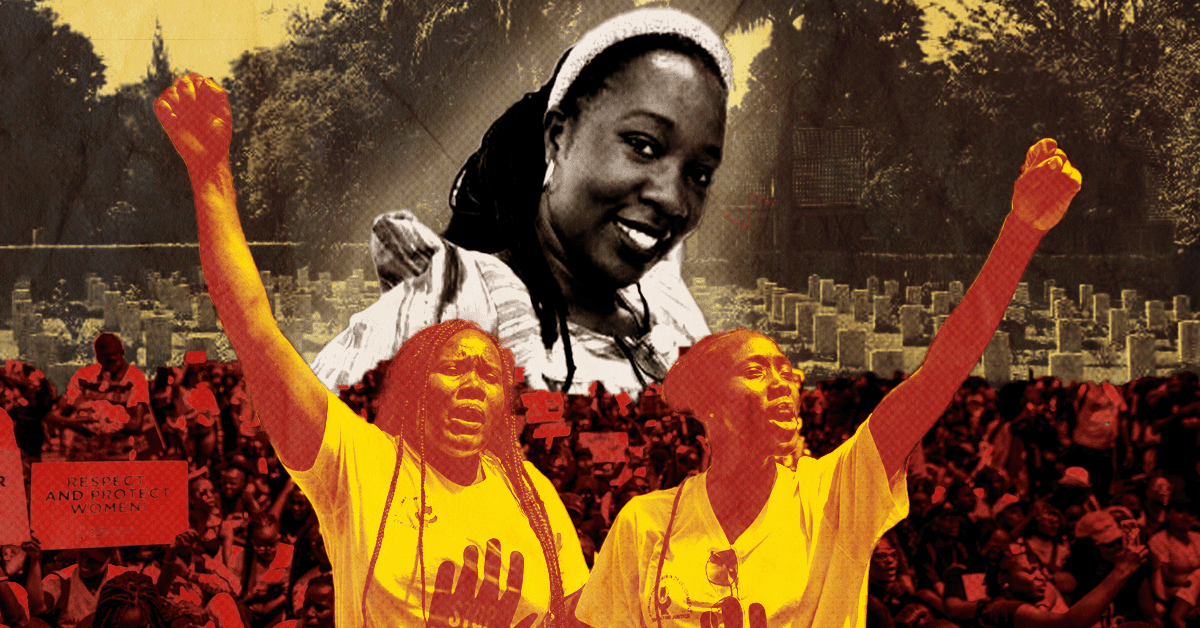“I felt violated”: The women determined to break the cycle of FGM in Uganda
- In Eastern and Karamonja Sub-region in Uganda, women are forming groups to raise awareness within their communities in an effort to end FGM.
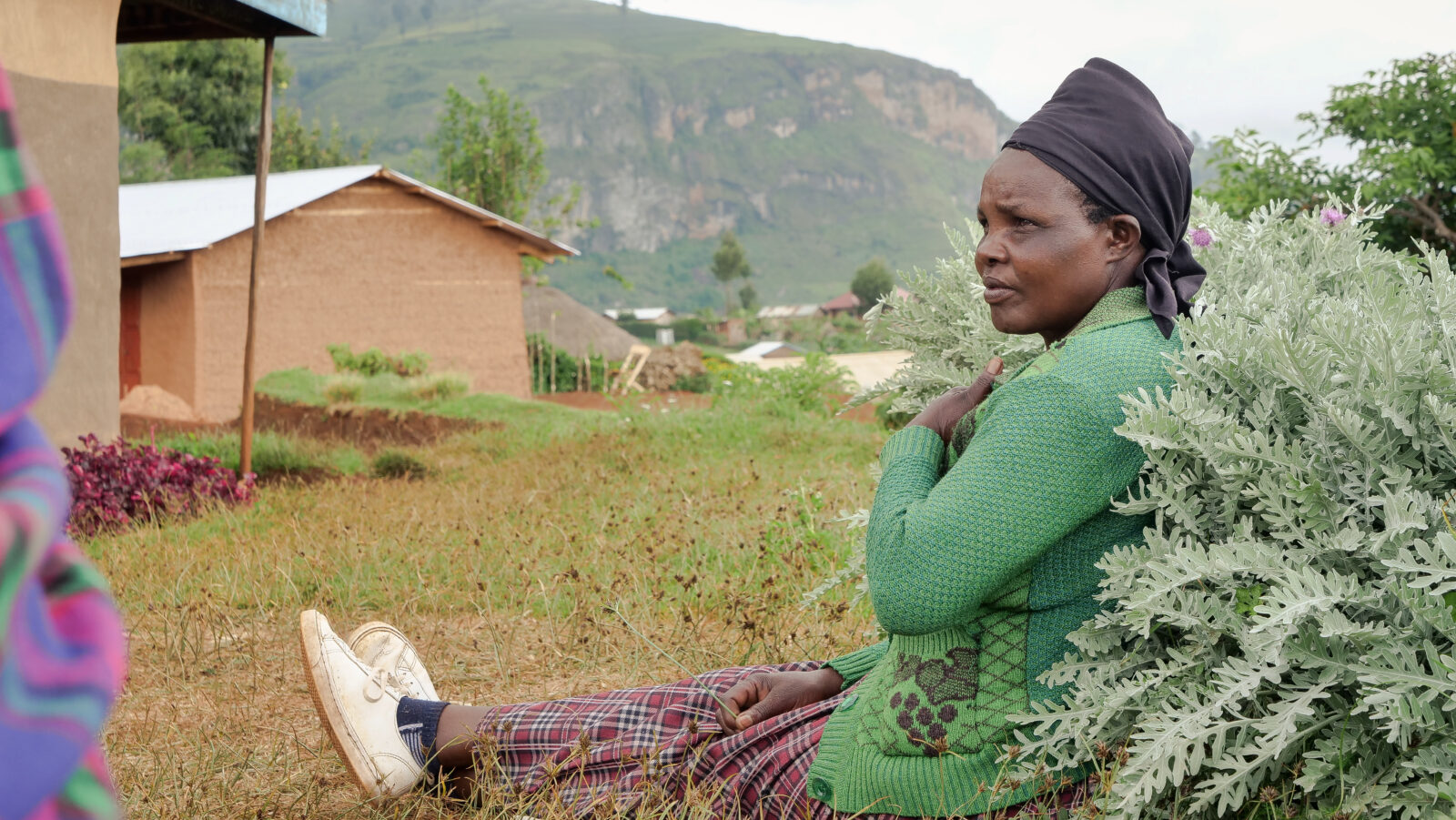
On a Friday afternoon, in the remote district of Kween, Eastern Uganda, women from various villages are gathered in a compound. As has been custom for the last two years, they come together to discuss a pressing issue that affects their community – female genital mutilation (FGM). On this day, the atmosphere is both serious and hopeful.
Among them is Annet Chelengat, 38, a mother of six and one of the founder members of Benet Masopo Community group. She is also the host of these gatherings.
Created in 2020, the women, who have all been victims of female genital mutilation, discuss creative ways to fight the practice in the Sebei sub-regions.
“Advocating against FGM with these women has been both healing and empowering. Together, we are breaking the silence and reshaping the narrative of our community,” Chelengat explains.
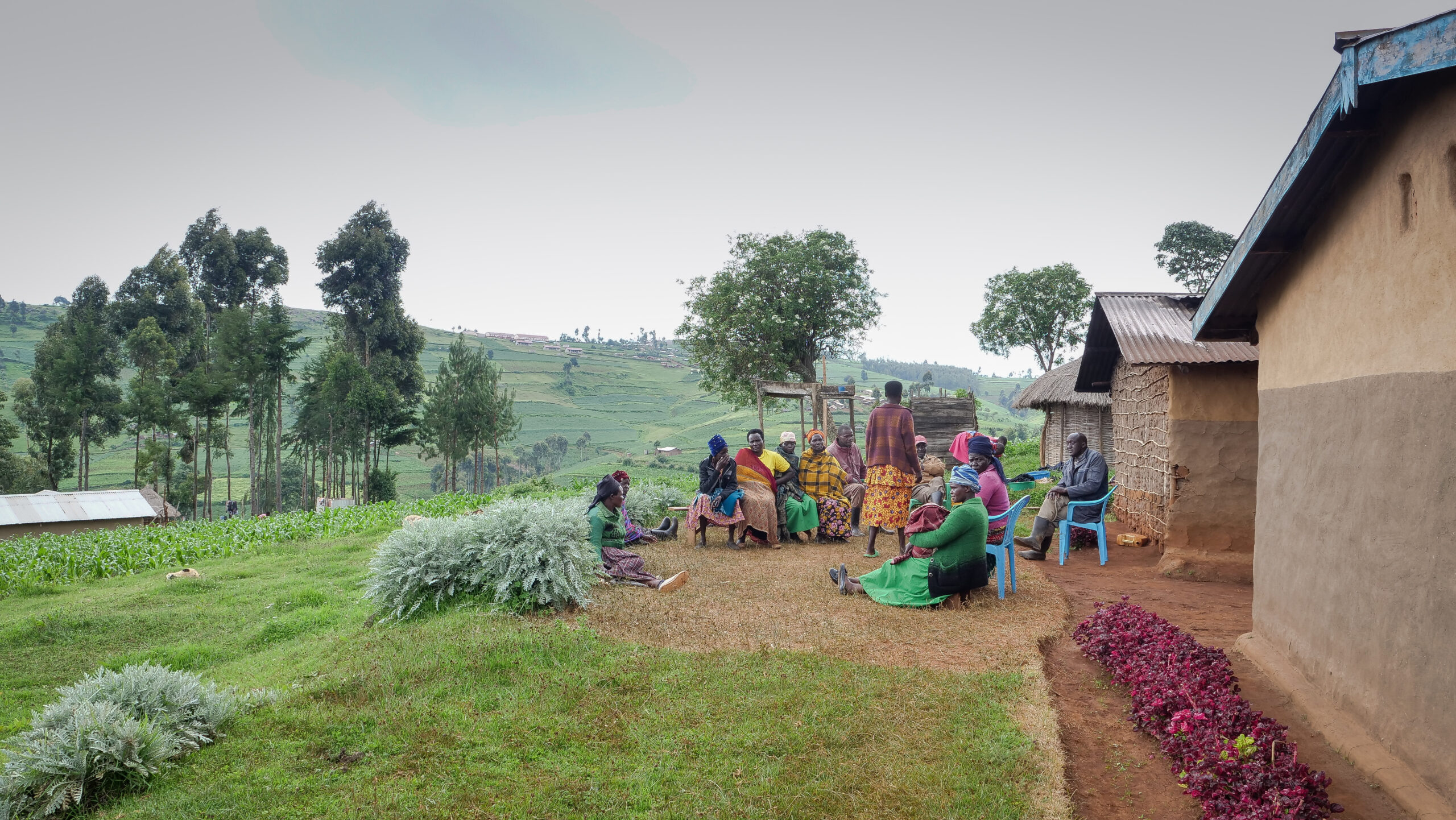
As the women gather in a circle, they engage in passionate discussions, sharing personal stories, experiences and knowledge. Some of the women recount how they were subjected to FGM as young girls, sharing the physical and emotional scars that have haunted them throughout their lives. Others speak of the ongoing pressures they face from relatives and community members to continue the practice.
“I was just a young girl, innocent and full of wonder when I first heard whispers of the impending ritual,” Chelengat recalls. “The women spoke in hushed tones, and their eyes held a mixture of sadness and acceptance. I was soon to become a part of a tradition that had been passed down through generations, one that I could hardly fathom at such a tender age.”
FGM has been a deeply rooted cultural practice in Kween, as in many other parts of the world, for generations. It is considered a rite of passage, marking the transition from girlhood to womanhood.
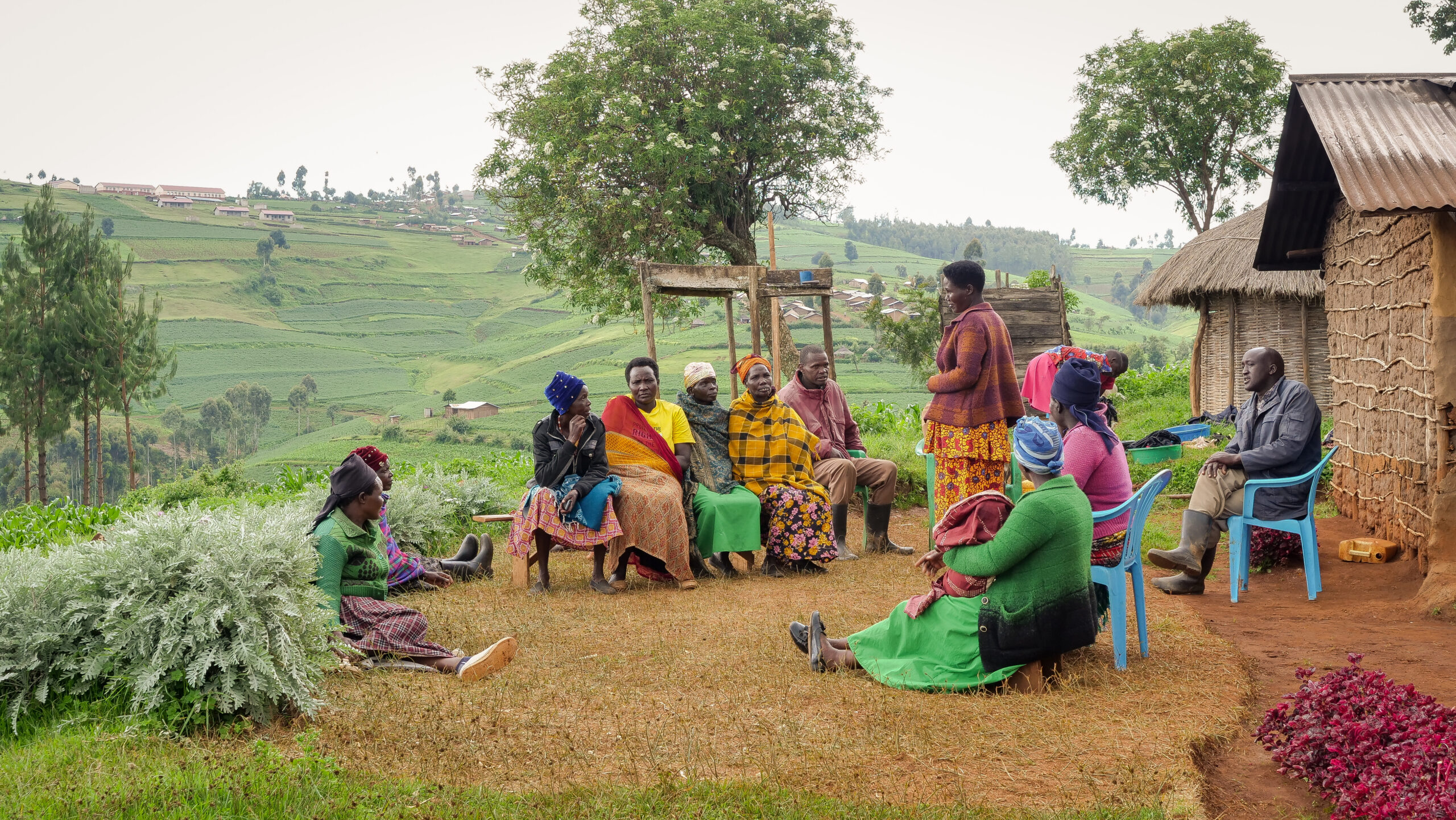
“On the day of the ceremony, I was led to a secluded hut, my heart pounding loudly in my ears. The elders performed ancient rituals, and I could hear the distant beat of drums,” Chelengat narrates. “As the moment approached, fear gripped me like a vice. I wanted to run away, to escape this fate, but tradition held me firmly in its grasp. The women surrounding me seemed solemn as if they bore the burden of this ritual too. They held my hands, and as I lay down, the pain began.”
According to Chelengat, the pain was like no other, a pain that sliced through her very being.
“I felt violated, stripped of something sacred, and the tears flowed freely. I wanted to scream, to let the world know of the injustice I was enduring, but I remained silent, as the women who went before me had done,” she continues.
In the days that followed, the physical wounds healed, but the emotional scars ran deep. Like Chelengat, the women who are gathered have all witnessed firsthand the pain, trauma, and long-lasting health complications that result from this harmful practice.
“I couldn’t understand why this tradition existed – why we had to endure such pain to be considered women in our village. It haunted my thoughts, but I felt powerless to change anything,[at the time],” Chelengat says.
Recognising the urgent need to address this issue, the women have taken it upon themselves to organise regular gatherings to openly discuss the impact of FGM on their community. Their goal is to raise awareness, challenge deeply ingrained cultural norms, and work towards the abandonment of FGM. They are determined to create a safer, healthier, and more empowered future for the next generation of girls.
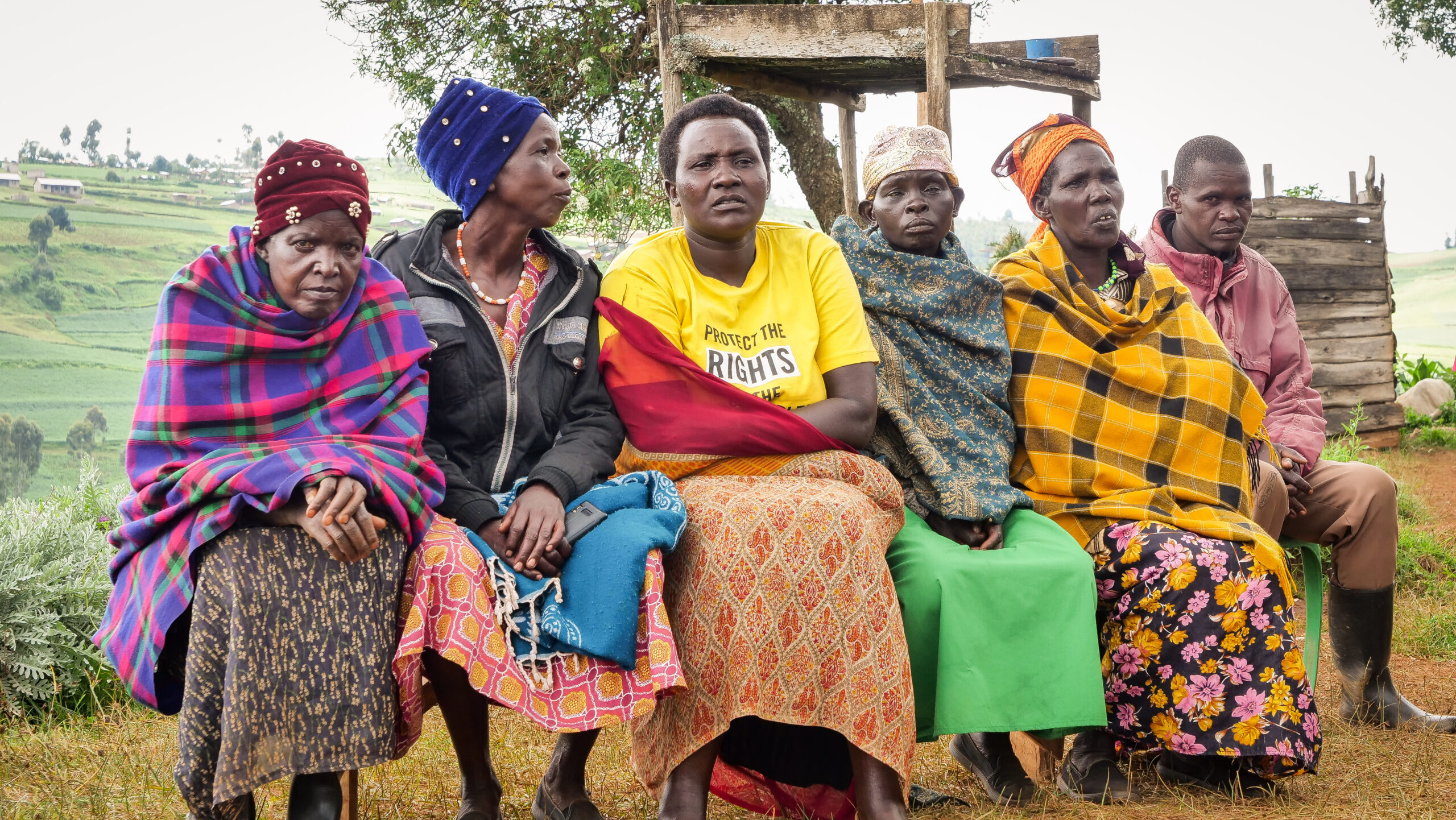
FGM is an internationally recognised violation of the human rights of girls and women and, although globally the prevalence of FGM is declining, according to United Nations Children’s Fund (UNICEF) survey report carried out in 2020, the practice still affects around 200 million women across the world.
Some of the hotspot districts include Kween, Kapchorwa and Bukwo, whose neighbours are Kenya and, among others.
While in some communities, FGM is viewed as a prerequisite for marriage, Chelangat says that some women who undergo FGM continue to endure pain and poor health for the rest of their lives which is often overlooked.
Judith Amonsho, founder of another women’s group fighting FGM, the Jericho Women’s Group located in Kapchorwa, was circumcised in 1976 at the age of 18.
According to Amonsho, in the past, it was popularly believed that when you were a girl, you wouldn’t be allowed to collect cow dung for cementing the house if you were not circumcised and when you got married, one was not as respected as the girls who were circumcised.
“We believed that if you were not circumcised, you would be cursed. You could even cook food and it doesn’t get ready,” Amonsho says.
Together with the Jericho Women’s Group, they are engaged in income-generating initiatives because according to Amonsho, as much as FGM is culturally rooted, it is also caused by poverty.
“We make crafts for sale. It is also one of my coping mechanisms. I sit here in my wheelchair and make a mat or weave a basket,” Amonsho says.
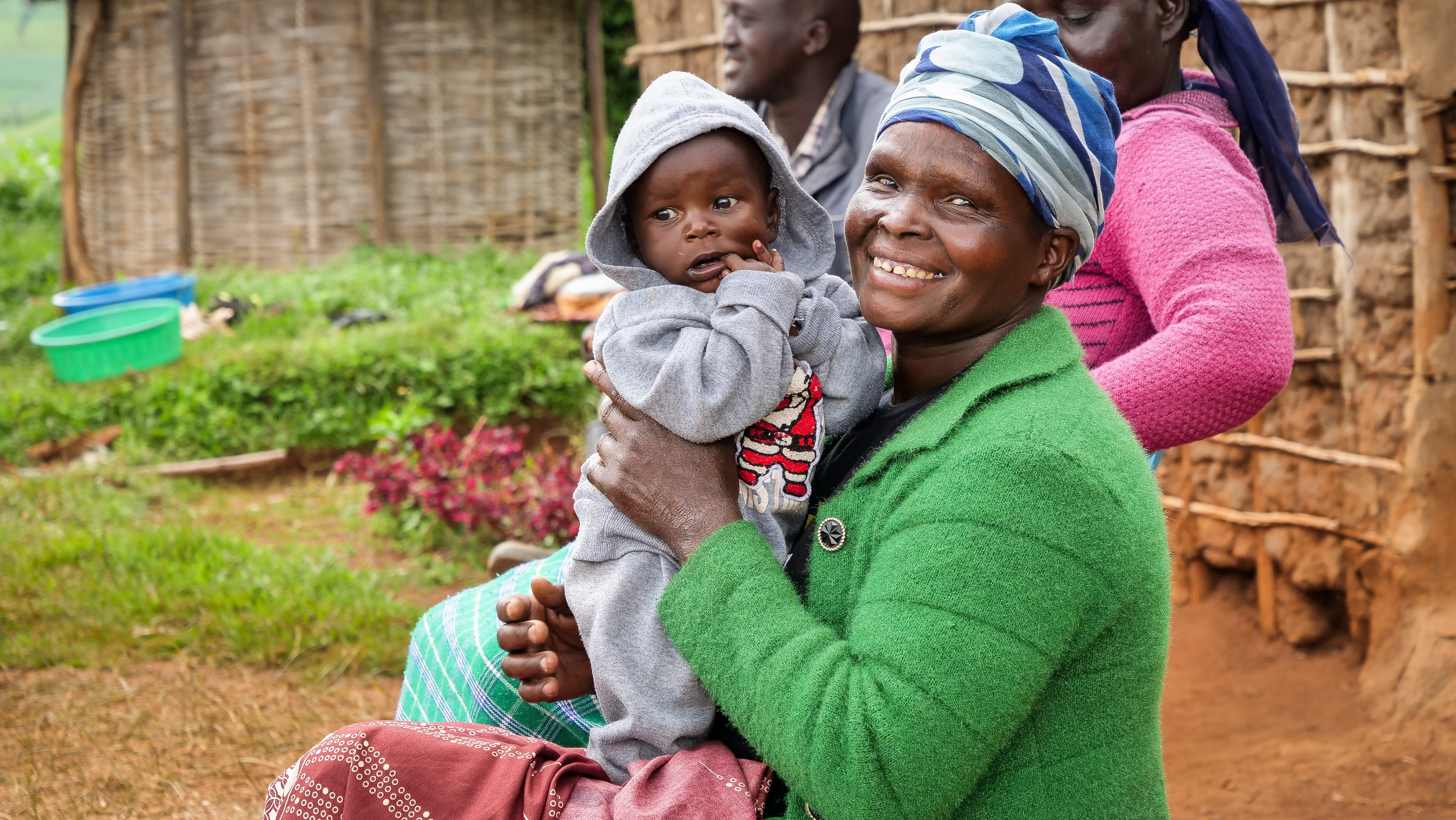
Today, Amonsho and the other women in Jericho Women’s Group are encouraging young girls around their communities to stay in school and when they come back from school, the girls collect materials to make art crafts to keep busy.
Since starting her advocacy group, Chalenagti has also witnessed great improvement in her area and the neighbouring districts. The group is mainly focused on sharing information, educating young girls on the dangers of FGM, and sensitisation through the use of craft and drama to fight the practice.
“Most of our girls are now embarked to education and others are in Church. There are those who are doing weaving which wasn’t the case previously,” she notes.
“Back then when FGM was highly practised, parents used to give their girls for cutting in exchange for gifts,” says Kokopu Sarah, one of the other community members. “But through activism, girls now do things like weaving and selling baskets to get money.”
The group has so far taken this initiative to three districts including Kween, Bukwo and Kapchorwa.
Chalengati explains that young people in the affected sub-counties can trust them if they are empowered to spread the message of anti-FGM.
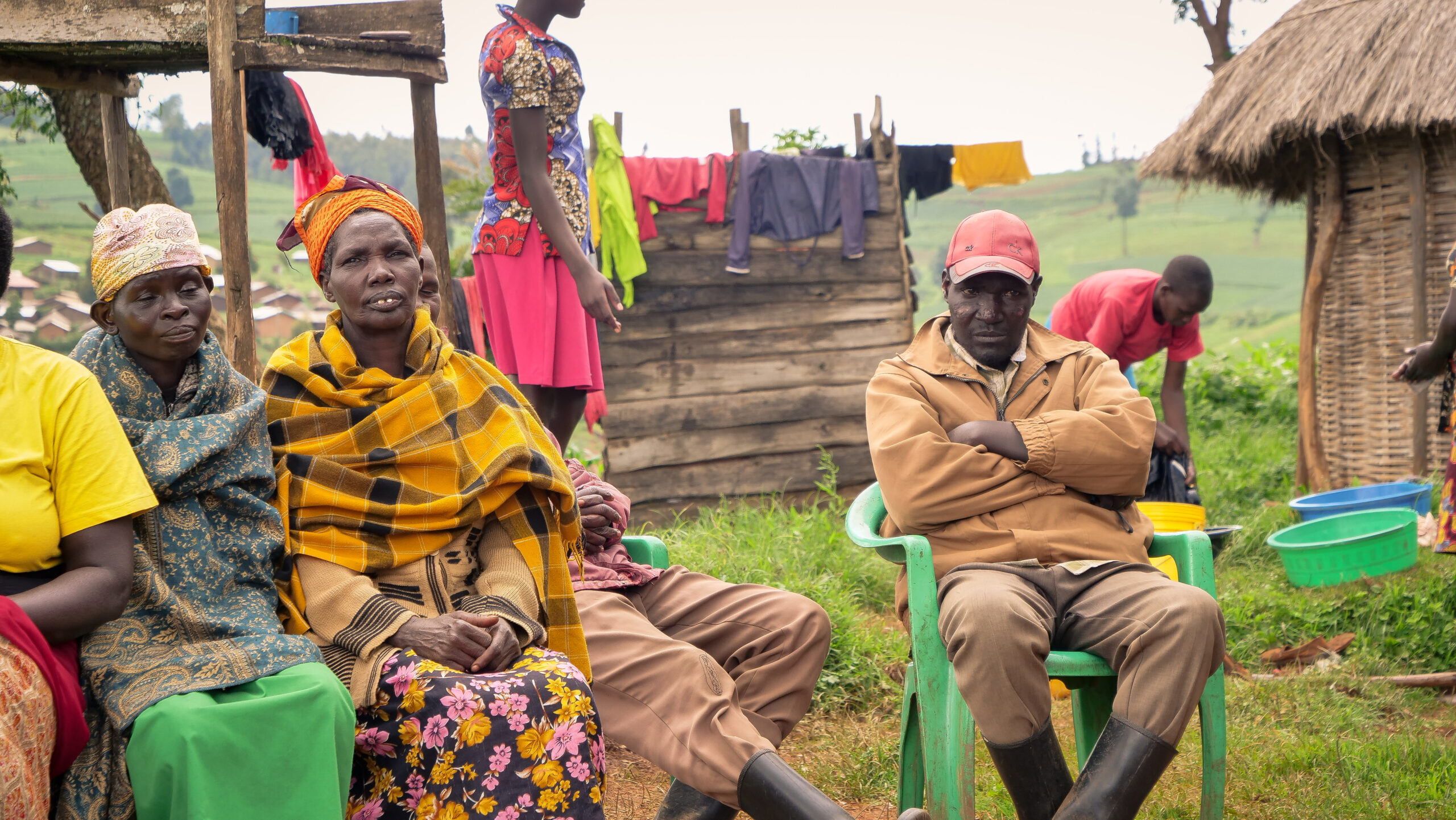
“We want to see this practice fade away, especially in the hotspot areas, but we cannot do much unless the government gives a platform,” she says.
In Uganda, the practice was banned in 2010 by enacting the Prohibition of Female Genital Mutilation Act. Anybody found guilty of the vice faces a sentence of not more than 10 years in prison, among other penalties.
Although FGM prevalence may vary across different regions and ethnic groups within Uganda., statistics from the 2016 Uganda Demographic and Health Survey (UDHS) indicate that the national prevalence of FGM among girls and women aged 15 to 49 years is 0.3%.
Violet Chemutai, another member of the Benet Masopo Community group, says that FGM has been part of their traditions for generations, but it’s time to acknowledge the harm it causes.
“FGM can lead to severe complications, including infections, excessive bleeding, and long-term health issues. When women are going to give birth, they face some challenges. The knives used to circumcise* are not sterilized and there are no medicines used,” she says.
All these efforts have not been without challenges. According to Chalenagti, their journey towards fighting against the practice of FGM in their community has not been easy especially in the beginning due to little support from some members of the community especially the leaders who were mostly women.
But the limited support did not deter them from pushing on with the fight against the “evil practice” which has since affected many young girls in the region.
“I remember we started with five women but now we are more than 100 women in this village. We have many women groups in the other surrounding districts who have joined the cause and we are progressing well so far,” Chalenagti says.
To date, the Benet Masopo Community group boasts more than 100 members. While the group started as a women’s clique, men are also welcome and some have joined.
“Today, I stand here as a survivor, a voice for change, and a symbol of resilience,” Chalenagti says. “The road ahead is still long, but I know that with courage and unity, we can create a future where harmful traditions no longer hold us captive.”
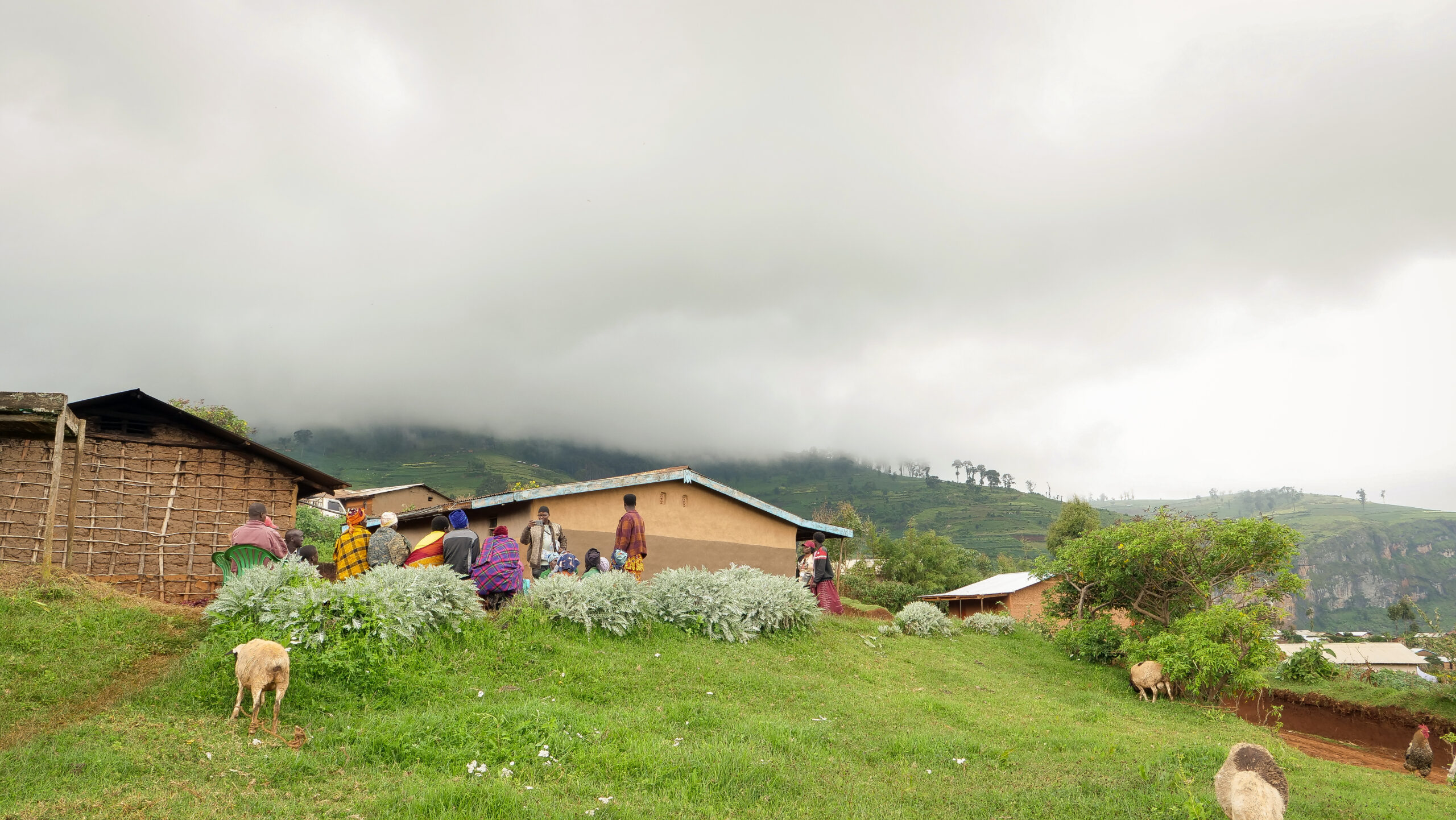
Edited/Reviewed by Uzoma Ihejirika, and PK Cross.
Patricia Akankwatsa is a seasoned journalist known for her insightful reporting and dedication to uncovering the truth. With a passion for storytelling and a commitment to journalistic integrity, she has carved a name for herself as a prominent figure in the media landscape. As a journalist at The Independent Magazine, Patricia has covered a wide range of topics, from health and business to culture and social issues. Her thorough research and in-depth interviews have earned her accolades and the trust of her readers. Beyond her work with The Independent, Patricia actively engages with various communities, seeking to amplify marginalized voices and shed light on underreported stories.
Muhamadi Matovu is a Ugandan journalist and one of the most prolific journalists in Uganda and the region. Matovu currently works with Next Media Services as a writer on Nile Post and a reporter on NBS television. He is very passionate about human rights, climate change, current affairs and gender issues.

